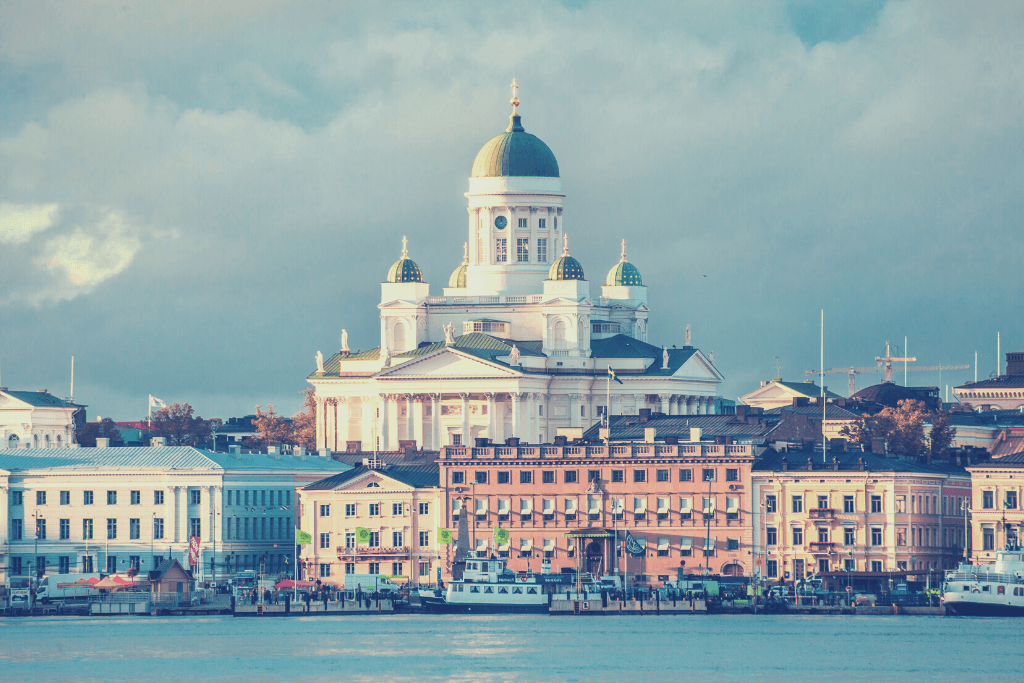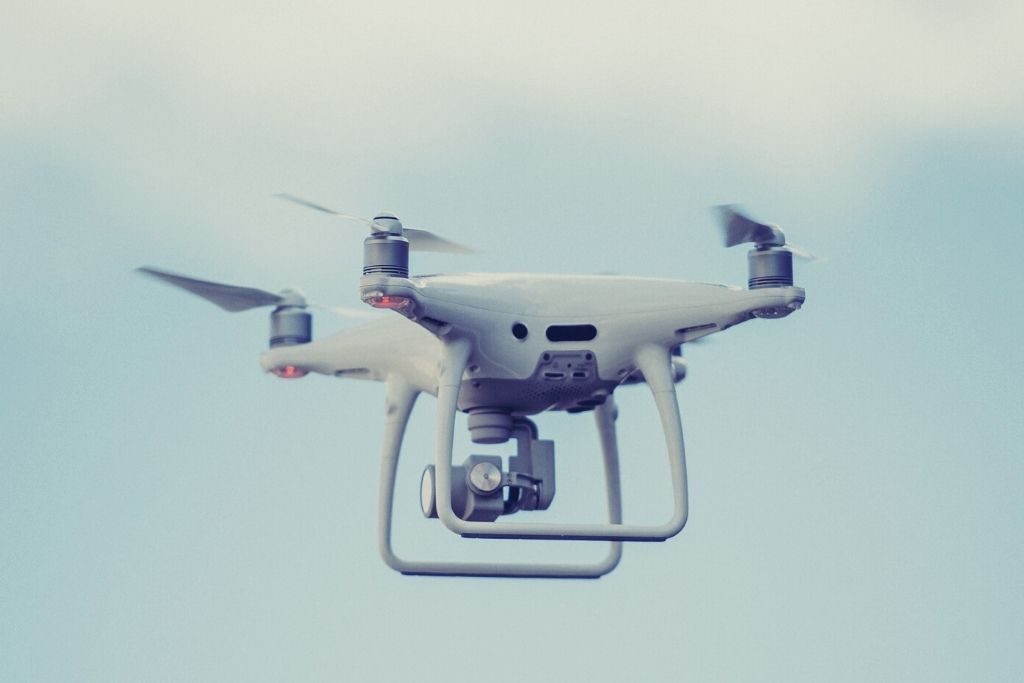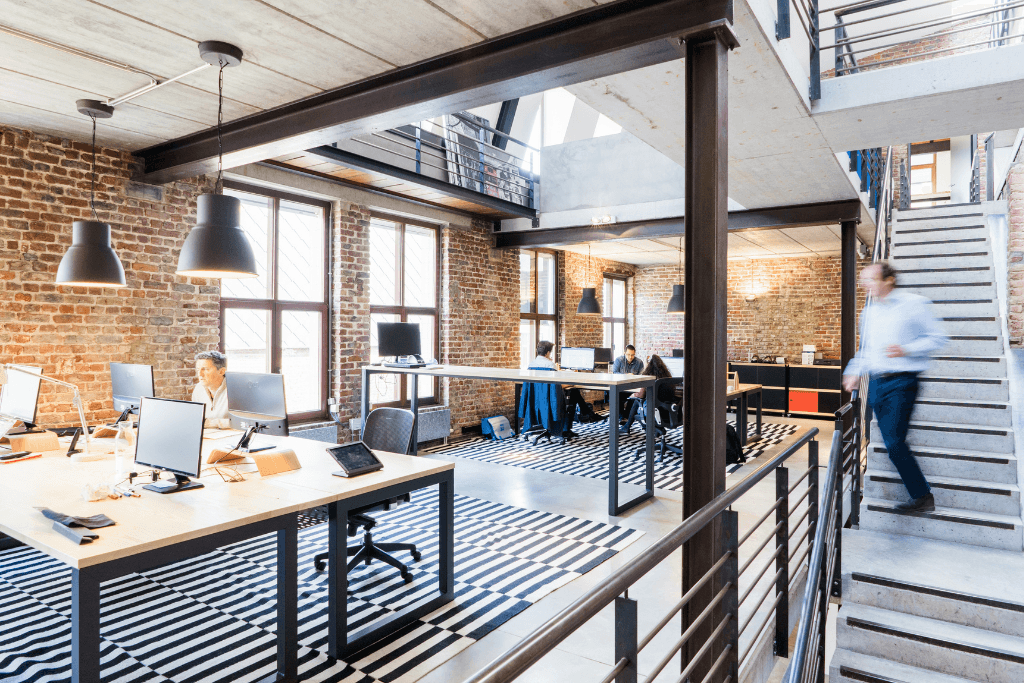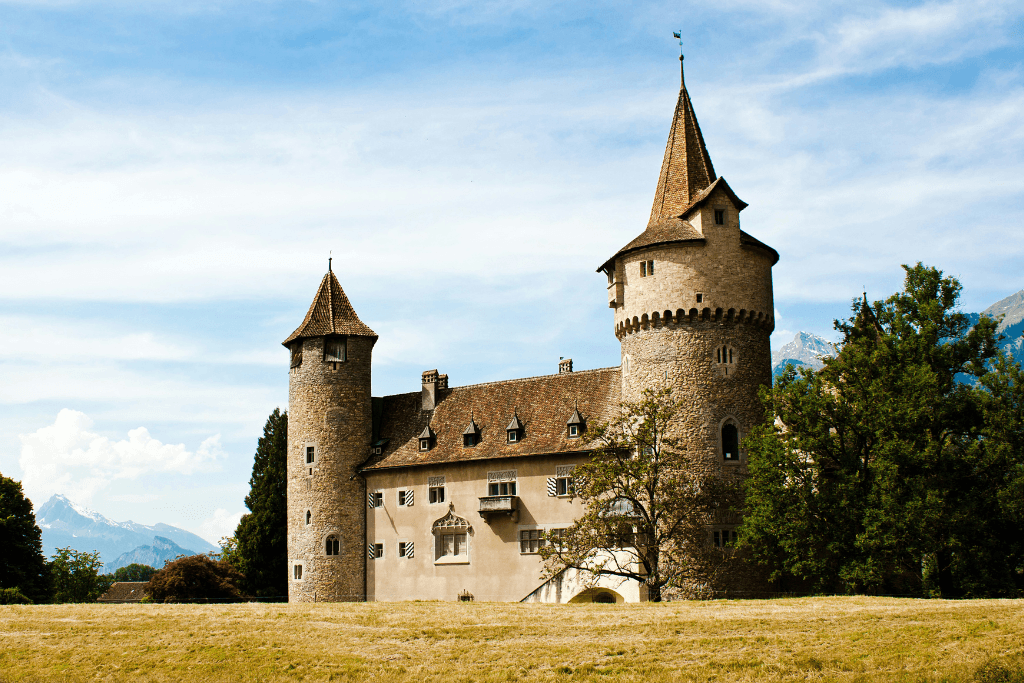As our world moves towards Industry 4.0, manufacturing requires fewer resources in terms of raw materials, energy, and space. Hence, particularly in advanced economies, an increasing number of factories and industrial buildings are losing their relevance and lie abandoned.
But especially given the sheer size of these vacant sites, can they still add value outside traditional industrial uses?
The following five former industrial buildings that have found a new purpose via architectural repurposing provide us with an answer.
Apart from making creative use of desolate spaces, these buildings have one more thing in common: They symbolize transformation and revitalization in all their respective societies.
Fabrika — Tbilisi, Georgia
In a former sewing factory that operated under the USSR now stands Fabrika, a cultural center that sets the agenda in the historical heart of the Georgian capital Tbilisi.
The long and narrow corridors of the former factory proved suitable for a multi-functional space, with its exterior walls featuring edgy, contemporary street art. Fabrika’s amenities include a food hall, artists’ workshops, the region’s largest hostel, a co-working space, and events venues.
This hotspot brings together the brightest minds in the region and beyond to collaborate and have fun in each other’s company.
The Foundry — London, UK
In 2015, the best new building in London, according to the Royal Institute of British Architects, was not a glitzy skyscraper but a humble charity center: The Foundry.
The former shoe polish factory retained some of its original features like the brick facade in order to preserve the industrial heritage, along with the pragmatic efficiency of this manufacturing site.
However, the building was extended into a derelict service yard adjacent to the site to create more office spaces. The Foundry is currently home to 25 organizations that operate in a number of human rights and social justice fields.
Baoshan WTE Exhibition Center — Shanghai, China
In 2020, a factory of the Chinese of one of the largest steel companies in China became an eco-industrial park, as well as an event, education, and exhibition center thanks to an ambitious adaptive reuse project.
The steel company’s new waste-to-energy power plant is at the center of this landmark project. This symbolic structure is surrounded by wetland areas, a park, a museum, and offices.
While the architects preserved the formerly abandoned steel mill’s historical heritage, the new design features align with the project’s broad ecological focus.
Ford Assembly Building — Richmond, California
There are few companies associated with the rise of industrialism like Ford. When one of its most important factories on the US West Coast was damaged by an earthquake in 1989, there were uncertainties about its future.
However, following a strong community campaign, in 2009, the abandoned factory found a second life as a multi-function commercial and public center while staying loyal to its original design.
Thanks to its massive size, the former plant is home to offices, restaurants, and events spaces, some of which come with sweeping views of the San Francisco Bay.
Station F — Paris, France
Built during the 1920s, Station F was a railway depot in Paris buzzing with activity. It played a significant role in the transportation of industrial goods throughout the 20th century. Following years of inactivity, in 2017, it formally re-opened as a workspace and a startup incubator.
In what seems like a very meaningful symbolism for the evolution, Station F is now the world’s biggest campus for startups and more established companies such as tech giants, housing more than a thousand.
The former freight center buzzes with activity again, but this time, it’s helping usher in Industry 4.0 with high-speed internet instead of trains or trucks.







